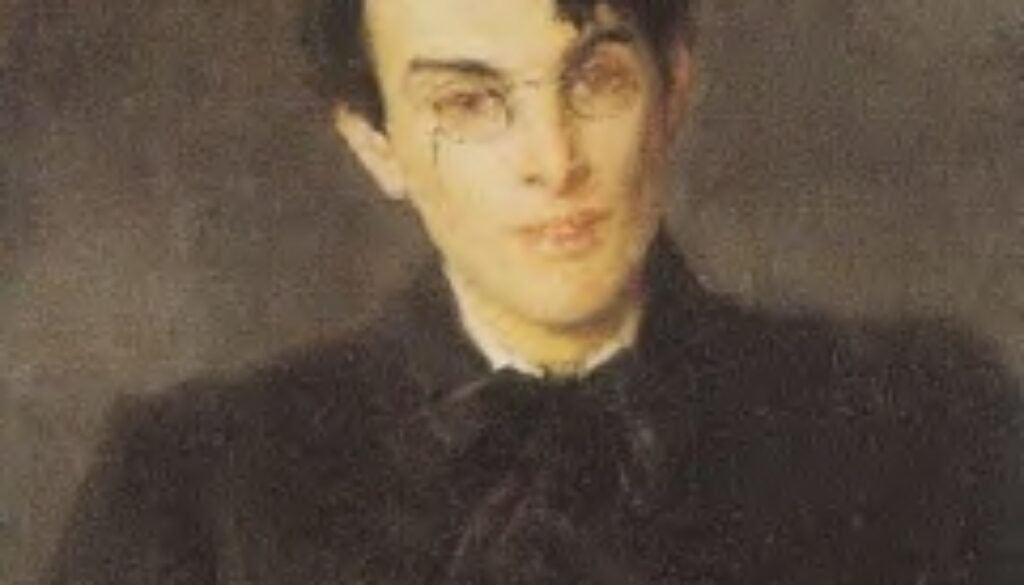The Deep Heart’s Core

I think one of the reasons I had such a great time in Dublin was that they were celebrating their city’s designation as a UNESCO City of Literature, of which they’re rightly proud.
They had an early start, it’s true. Irish literature dates back before the time of Homer — not Homer Simpson, I mean the blind Greek guy.
To be among so many lovers of great literature was a great thrill, a tonic for the soul. At the “Dublin Swell” a series of readings by more than thirty Irish authors, actors and musicians, including Nobel Prize-winner Seamus Heaney, I felt enveloped by an ocean of kindred spirits.
Each author had a very different approach to the creative process, but they all figured out a way to open their hearts and share a part of themselves with the world. I hope somebody taped this event — I have a feeling they did — because I think these short readings by so many successful artists can be a real inspiration to the next generation of great writers and actors and musicians.
I was particularly moved by Damien Dempsey’s tribute to the power of song.
I only wish I could share this moment with my late mom, who was a professor of literature.
When people think of Dublin and literature, they naturally think of James Joyce’ s book Dubliners and his novel, Ulysses, famously banned in Boston. But not that many people actually read James Joyce, and Irish literature has to find its way over, under or around him.
Same with Samuel Beckett, another great author that I love. No one in the entire world understands Waiting for Godot, and no one ever will, and that’s certainly an accomplishment, but it’s not the one you want to lead with.
Many more people have read William Butler Yeats, and many people of my acquaintance, when questioned closely, admit they carry a snatch of his poetry in a secret chamber close to their heart. For me it’s the one about Innisfree:
The Lake Isle of Innisfree
I will arise and go now, and go to Innisfree,
And a small cabin build there, of clay and wattles made;
Nine bean rows will I have there, a hive for the honey bee,
And live alone in the bee-loud glade.
And I shall have some peace there, for peace comes dropping slow,
Dropping from the veils of the morning to where the cricket sings;
There midnight’s all a glimmer, and noon a purple glow,
And evening full of the linnet’s wings.
I will arise and go now, for always night and day
I hear lake water lapping with low sounds by the shore;
While I stand on the roadway, or on the pavements gray,
I hear it in the deep heart’s core.
He was a Protestant, of course, but perhaps that helped make him a bridge to world literature. I have also had a wonderful time with Yeats’ books about Irish folklore. They are really terrific. And he helped found the Trinity Theater in Dublin, still going strong, which would have punched his ticket to immortality right there.
I should add, in the interests of full disclosure, that I received the public speaking prize in the sixth grade for a recitation of Yeats’ poem ‘An Irish Airman Foresees His Death,’ a rather grim choice in retrospect:
I know that I shall meet my fate somewhere among the cl0uds above.
Those that I fight, I do not hate. Those that I guard, I do not love.
My country is Kiltartan’s Cross, my countrymen, Kiltartan’s poor
No likely end could bring them loss, or leave them happier than before.
I balanced all, brought all to mind. The years to come seemed waste of breath.
A waste of breath the years behind. In balance with this life, this death.

March 26, 2011 @ 5:32 pm
Ciao, Steve.
Congratulations on your efforts and accomplishments. Your inspiration.
Please contact me directly at aptosnews@gmail.com ASAP. We’re
relocating to Europe. Want to be in dialogue prior to that.
In solidarity,
Ricardo
831-688-8038 in Aptos, California